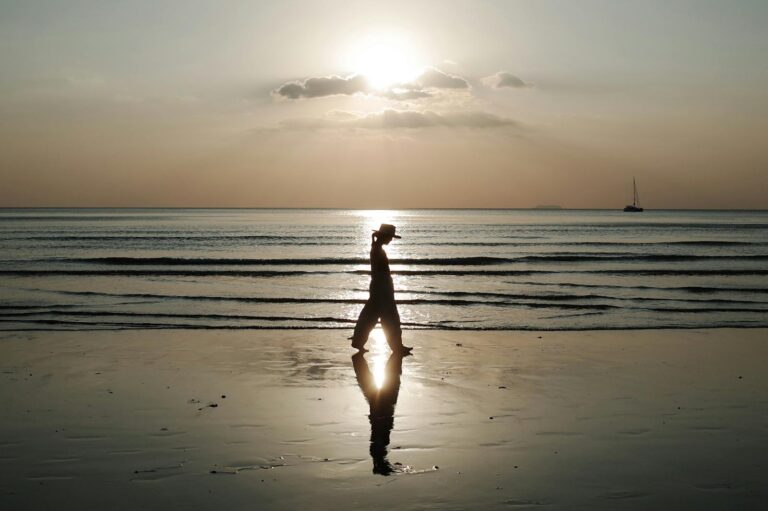This justification is quite different from the reasons that were initially provided for excluding Djokovic from the country. Oversea travellers to Victoria must either be double vaccinated or have a valid medical exemption to this vaccine requirement. Court documents and Djokovic’s travel declaration form reveal that although he is not vaccinated, he did submit a positive PCR test result for COVID-19 on 16th December. CNN also reports that he received a letter from the Chief Medical Officer of Tennis Australia stating that he had been provided with a medical exemption to vaccination on the basis of this positive result. Evidence later emerged that Djokovic had breached isolation rules by meeting a journalist in the days after this positive test. Djokovic has admitted this, as well as the fact that his immigration forms included a false declaration regarding his travel prior to arriving in Australia.
These facts suggest there could be a number of different justifications for rescinding Djokovic’s visa. One is the false declaration on his immigration forms; countries often take a strict line against false declarations because of the need to ensure that those entering the country complete applications truthfully. Although Djokovic attributes the false declaration to his agent making an honest human error, opponents might argue that countries can be justified in taking a strict liability approach to such errors, and to treating even minor falsehoods as a reason to rescind a visa. However, it is questionable whether such an approach is proportionate to the benefit of ensuring that others complete applications truthfully.
By Dominic Wilkinson, Julian Savulescu and Jonathan Pugh
A different problem with the validity of Djokovic’s medical exemption concerns the nature of the proof provided. Some media reports have suggested that Djokovic’s test date or result was altered. If this is corroborated, then he should be excluded both on the grounds of misleading/false information on entry, and on the basis of the public interest, since he potentially poses a higher risk of passing on coronavirus.
But it is ethically dubious to be barring a sportsman from entering a country on the basis that he has in the past made statements discouraging vaccination. On the contrary, disproportionate and excessive actions like this provide oxygen to the anti-vaccination fire. They substantiate the claim that governments in their desire to bring an end to the pandemic will ride roughshod over civil liberties.
However, in the court hearing today, Djokovic’s lawyer claimed none of these was the actual justification for rescinding Djokovic’s visa. Instead, it was claimed that the visa was rescinded because Djokovic’s presence in Australia would encourage those opposed to COVID vaccination.
The decision about whether to grant tennis star Novak Djokovic a visa allowing him to stay in Australia to compete in the Australian Open Championship has generated significant controversy. Last week, the Australian Immigration minister exercised his power to cancel the player’s visa on the grounds of ‘health and good order’ on the basis that it was in the public interest to do so. Djokovic’s lawyers have called the decision ‘patently irrational’ and have announced that they will appeal.
This is a quite different kind of ‘public interest’ argument. If this is correct, it represents a profound and disquieting escalation in the blaming and shaming of those who decide not to vaccinate.
It might be justified to stop Djokovic from playing in the Australian open and to send him home. But not for this reason.
There are good reasons for governments like Australia to encourage COVID vaccination. There are also good reasons to call out, criticise, and limit vaccine misinformation. There might be a basis to deny (or cancel) a visa for someone who was actively spreading false and damaging information within the community. There are past examples of speakers inciting racial hatred or violence who have been justifiably barred from entry into a country.
A second justification concerns the validity of Djokovic’s medical exemption, and whether it is in the public interest to allow natural immunity exemptions. There is considerable debate about whether proof of natural immunity should ground a medical exemption to vaccination. This is reflected in conflicting state and federal policies in Australia. Whilst the state government of Victoria recognises prior infection with COVID-19 vaccines as a valid basis for medical exemption, federal guidance from the Australian Department of Health explicitly states that “previous infection with COVID-19 is not considered a medical contraindication for COVID-19 vaccination”. Ultimately, the debate on this point turns on the question of whether natural immunity lowers an individual’s risk of transmission to a similar extent to vaccine-induced immunity. This may be true, since the vaccines are also limited at preventing transmission, particularly for Omicron. If so, then there is little justification for requiring those with strong proof of natural immunity to also undergo vaccination, particularly when the transmission risk of vaccinated individuals and individuals with natural immunity alike could be further managed by regular testing.



